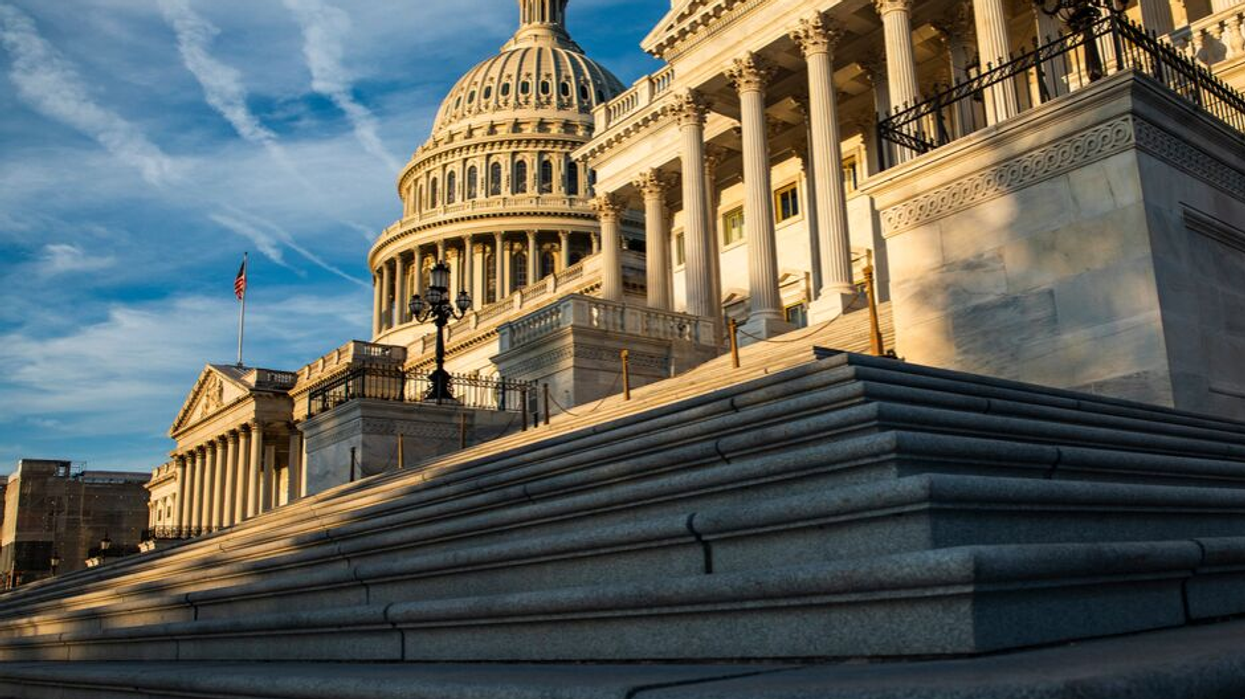As lawmakers begin laying the groundwork for management of the House of Representatives under Republican control, a pair of left- and right-leaning advocacy groups issued a set of recommendations for improving transparency, efficiency and power-sharing when Congress convenes in January.
The House Rules Committee will convene Tuesday afternoon to consider potential changes to chamber management, and Demand Progress and the Lincoln Network hope the panel will consider their suggestions.
The recommendations, in some cases, echo the work of the Select Committee on the Modernization of the Congress, which recently issued its final report before being disbanded.
“There’s too much concentrated power in congressional leadership, which distorts the legislative process and stifles collaboration by members who share common interests,” said Daniel Schuman, policy director at the liberal-leaning Demand Progress. “These common-sense recommendations restore balance in the House so that all members can meaningfully engage in policymaking.”
While most of the recommendations might be considered “inside baseball,” they could have a significant impact on how lawmakers serve their constituents.
For example:
- Creating a subpanel of the House Administration Committee to continue modernization efforts would establish a pathway for developing better ways to manage constituent requests through improved technology and staffing.
- Changing the House calendar to create a more regular schedule for district work and make travel more efficient.
- Establishing a chief data officer for the House would increase transparency of the legislative process.
The more than 50 recommendations cover a range of areas, including transparency and accountability, internal operations, oversight, security, staffing, and ethics.
“The Rules the House enacts will shape how Congress will function and who will have power,” said Lincoln Network Executive Director Zach Graves, whose center-right organization works to incorporate technology into governing. “It’s important to democratize the House so more rank-and-file members have a say in the legislation that gets considered and so that committees don’t have their roles usurped by leadership. All members are elected to Congress and each one has a duty and obligation to represent their constituents.”
The House Rules Committee is meeting Tuesday afternoon to consider rules changes proposed by individual members of Congress.
Over the past four years the Modernization Committee, as the select panel is commonly known, issued more than 200, 42 of which have been fully implemented, according to the committee’s own tracking. Another 88 have been partially implemented.
“I feel that we have made a huge impact in healing this institution and I know that our work is not done,” Vice Chair William Timmons said at the committee’s final meeting on Nov. 17. “But I think the work that we have done thus far is going to pay dividends for years to come.”
Read the full set of recommendations from Demand Progress and the Lincoln Network.




















Trump & Hegseth gave Mark Kelly a huge 2028 gift